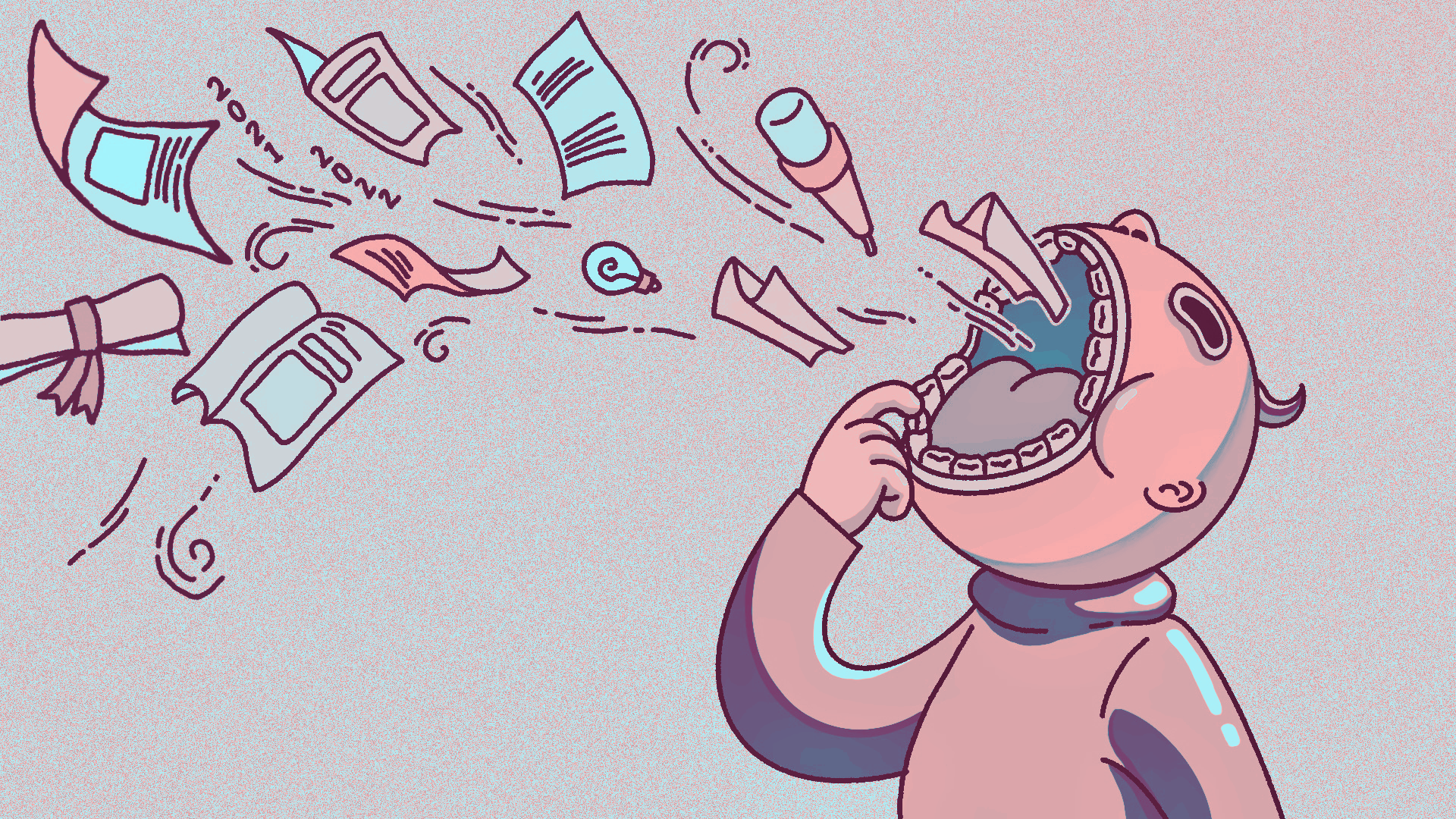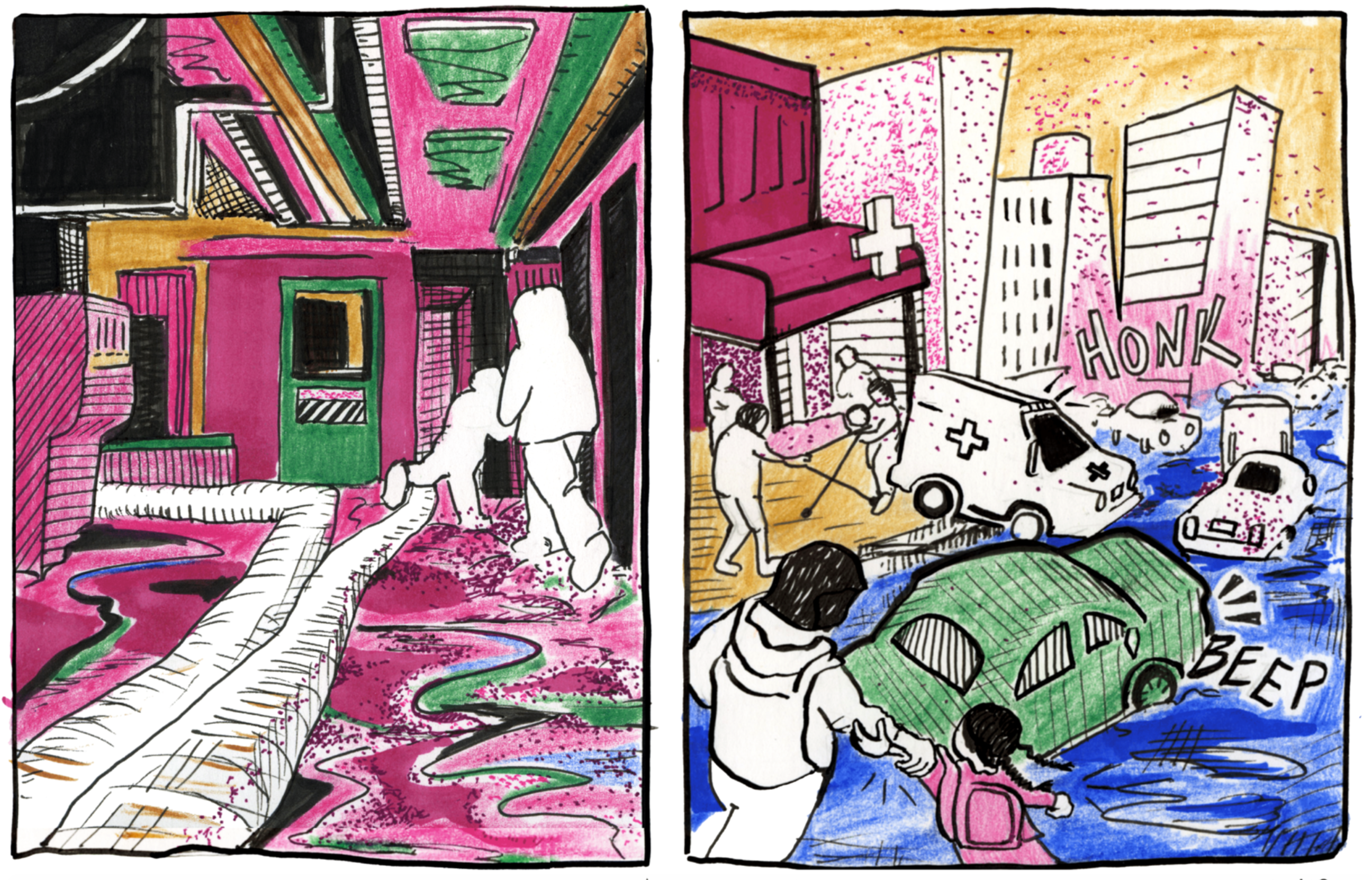
International pressure to cut off Russia’s wallet excludes energy trading
At present, sanctions are the weapons of choice in the West. As the Guardian published in a recent Op-ed, economic “sanctions are a form of war, not an alternative to it, and like war, dangerous, damaging and unpredictable in impact.”
Economic sanctions currently restrict Russian oligarchs, the central bank, and other institutions from accessing money tied up in countries such as the U.S., the U.K. and their allies. Notably absent from the list of restricted individuals and institutions are those that trade in energy.
Russia provided 45% of EU gas imports in 2021. On Thursday, White House Press Secretary Jen Psaki said that energy sanctions are still possible despite a statement from Secretary of State Anthony Blinken that suggested otherwise: “There’s no strategic interest in reducing the global supply of energy.”
Some GOP members in the senate disagree. On Tuesday, Sen. Roger Marshall (R-Kan.), introduced legislation that “would see the White House ban all Russian oil imports into the U.S.” The energy committee leader Sen. John Barrasso (R-Wyo.), has backed the bill alongside seven other Republican senators. The congressmen identify that the energy trade funds Vladimir Putin’s war machine.
Besides energy sanctions, the U.S. and its allies have refused to establish a No Fly Zone over Ukraine. Such a zone would require NATO forces to shoot down Russian aircraft, a provocation that would pull the world one step closer to nuclear warfare.
The IPCC releases dire climate report
On the wall behind her platform, a life-drawing model hung a banner that read “War Pollutes” as students shuffled into class at the 280 building last Thursday. Indeed, war does pollute: The necessary investment in war de-escalation takes money away from urgent mitigation and adaptation to climate change.
On Monday, the United Nations’ Intergovernmental Panel of Climate Change (IPCC) released a report called “Climate Change 2022: Impacts, Adaptation & Vulnerability.” Authored by 170 top scientists from 67 countries, the latest report continues to call – to holler and cry – for a large-scale reduction in carbon emissions as the window of opportunity shrinks.
“The report lays bare the inequities inherent in the climate crisis, stressing that the communities most vulnerable to climate impacts are also the least to blame,” according to Conservation International. Shyla Raghav, vice president of climate strategy said, “It’s time for developed countries, philanthropists, and the private sector to step up and provide financial support for the communities that are suffering the brunt of climate change.”
The report offers desperately needed handholds of hope. Natural systems, if embraced on a comprehensive scale, can buffer coastal communities, replenish water supplies, capture carbon, and cool cities.
During a break in the Thursday class, the figure drawing model elaborated on her banner. A life-long activist, the seventy-five year old expressed deep disgust and confusion at rich people’s continued investment into the destruction of the planet.
Chicago Billionaire foots the bill of the republican gubernatorial primary, echoing historical “tough on crime” rhetoric and hypocrisy
Ken Griffin pumps cash into political candidates. A Chicago billionaire, Griffin made his fortune founding the financial firm Citadel LLC in 1990. Griffin has vowed to unseat Gov. J.B. Pritzker on the grounds that Pritzker is too lackadaisical on violent crime. Griffith’s choice for the Republican primary is Richard Irvin, mayor of Aurora, who promises to be “tough on crime.”
On Monday, WBEZ reported that Citadel’s hedge fund invests $86 million in gun and ammunition manufacturers.
“These investments make up less than 0.01% of our portfolio,” said a Citadel spokesperson. When $86 million is a sum to wave away with a wave of the hand, perhaps you have too much money.
Wouldn’t even one penny invested in guns be too much for a philanthropist who styles himself as devoted to reducing violent crime? In the shadow of the $86 million, a $10 million grant Griffin gave the University of Chicago Crime Lab in 2018 hardly shines. Citadel operates with a $32 billion budget. Perhaps keeping track of so much cash makes it easy to lose track of one’s principles.

SAIC graduate work at 33 E. Washington through March 9
Ceramic rainbows, a dining table succumbed to intense gravity, immense yarn paintings, UFO conspiracy rooms, sprawling deflated balloon figures installed in front of funhouse televisions: These are some of the works to be seen at the Graduate Exhibition One at the Galleries at 33 E. Washington through March 9.
Within Graduate Exhibition One, The Impact Performance Festival featured two shows from 6-10 p.m. on Saturday and 1-5 p.m. on Sunday. Live sound and dance filled the lower floors of the gallery.
Also in SAIC Art, alumnus Richard Hunt is the first artist selected to install permanent work at the Obama Presidential Center.
Hunt, a lifelong Chicagoan and graduate of Englewood High School, has many accolades, including being the first Black artist with a major solo exhibition at the Museum of Modern Art.
“We believe art is a powerful mechanism to discover our common ground, as well as inspire and empower our visitors to be change agents in their communities,” said Obama Foundation CEO Valerie Jarrett.
The selected piece is called “Book Bird,” a sculpture to be placed in the Reading Garden of the Chicago Public Library located at the Center.
Michaela Chan (MFAW 2023) got canceled for being a nuclear apologist.









